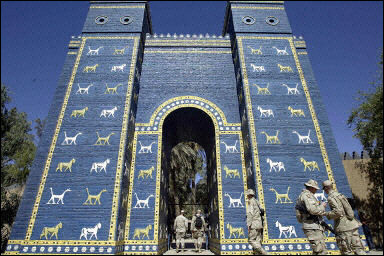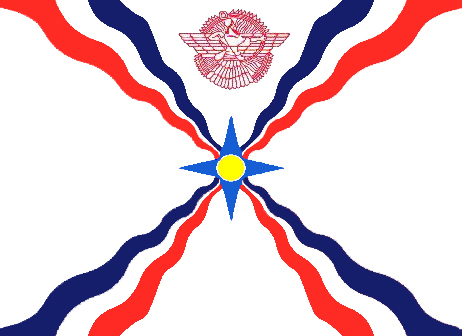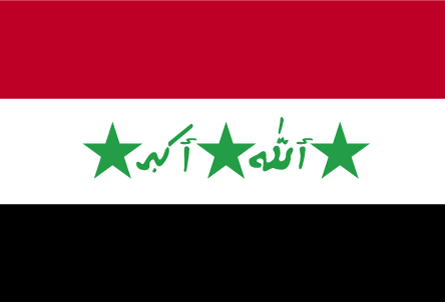 |
Out-of-Country Registration Extended
Purpose of the January Elections
Voters will choose 275 members of a national assembly, whose main task will be to debate and approve a new constitution. If a new constitution is agreed to additional elections are then supposed to be held no later than December 2005. There will also be elections to 18 provincial assemblies as well as to the autonomous Kurdish parliament in the north.
There will be around 40,000 voting booths in 6,000-9,000 polling stations, including consulates in about 14 foreign countries. Seats are allocated by proportional representation. So a list that wins 20 percent of the vote will receive 55 seats, attributed to the top 55 names on its list.
There is one national ballot, without constituencies. Voters cast one vote for a list of candidates put forward by a party or coalition. Seats will then be allocated on the basis of proportional representation, which means that each party will get the same proportion of seats in the assembly as it gets in the popular vote.
Voting in Iraq
All Iraqis aged over 18 can vote -- as many as 15 million of a population of about 26 million. The election register is based on the ration list. On Jan 30., voters must bring two forms of identification carrying a photograph to their local polling station. After voting, their name is crossed off the register and their thumb marked with indelible ink to prevent them from voting again.
Voting Outside of Iraq
On 11 November the Independent Electoral Commission of Iraq (IECI) signed a Memorandum of Understanding (MoU) with the International Organization for Migration (IOM). This MoU authorises IOM to conduct an Out-of-Country Voting (OCV) Program on behalf of and under the supervision of the IECI. This program will enable many Iraqis living abroad to participate in the Iraqi National Assembly Election scheduled to take place on 30 January 2

